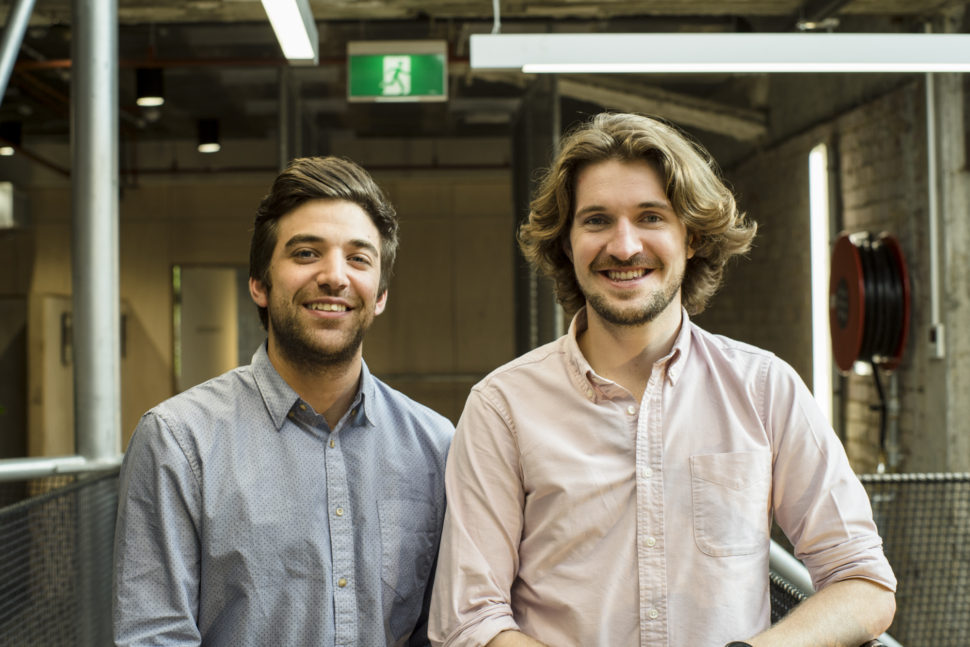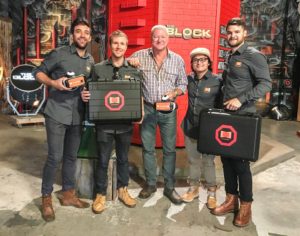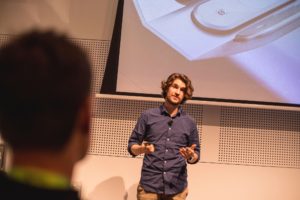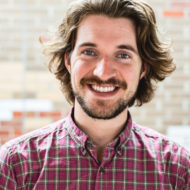Steven Kounnas and Trent Clews-de Castella (Class of 2007)
Steven Kounnas and Trent Clews-de Castella (Class of 2007)
Co-founders of Phoria - an immersive media start up - an immersive media company that aims to pioneer the next generation of interactions with physical environments in a digital space.

Together, Trent and Steven run Phoria, an immersive media company. Their primary goal is transforming the way property is bought and sold online. They achieve this by creating interactive 3D tours of homes that are engaging, accurate and allow buyers to inspect a home from anywhere in the world. The experience is quite similar to google maps street view, however what makes it unique is the 3D data we collect with 3D scanning, resulting in an interactive 3D dollhouse and highly accurate floor plan.
Over the last 2 years they have expanded their operation by providing services to over 100 real estate agencies in VIC, NSW, QLD, NT and ACT. Today, they have scanned over 2000 properties Australia wide. This has been achieved through strategic partnerships with both realestate.com.au and domain.com.au (Allhomes) to bring 3D tours into the mainstream. Outside the realm of real estate, they have been using their scanning services to help visualise event spaces, tourism locations and hotels rooms. Some of our most rewarding work has come through our partnership with TheNational Trust, where they have been digitally preserving some of Australia’s most iconic locations  such as the Old Melbourne Gaol to help assist with the preservation and documentation of Australia’s history in a whole new light.
such as the Old Melbourne Gaol to help assist with the preservation and documentation of Australia’s history in a whole new light.
Whilst Phoria started with the digitisation of properties for sale, Phoria have since moved beyond web enabled 3D tours, incorporating new mediums that help build on the sense of presence a user can get through immersive technology. Recently, 360 videos and virtual reality have been huge for them, with both Facebook and Youtube enabling this content natively through their apps. They foresee VR as the next logical step in immersive story telling, experiential entertainment and native advertising.

Through 2016, they have been exploring the possibility of getting virtual reality into hospitals around Australia through our social impact business, Dream3d. What started as a simple idea, where VR could be used to help improve the recovery outcomes for patients trapped in hospital for long duration has quickly turned into a multi-pronged approach that encompasses research, educational content for parents, doctors and patients as well as a powerful tool for escapism. They felt as if it just made sense to get these experiences into the hands of people who would benefit most from being able to virtually transport themselves outside of their hospital bed and into an alternate reality. More recently, they have begun clinical trials with the Royal Childrens Hospital to test the efficacy of VR to reduce pain and stress in patients. We are hoping to publish results of this study mid next year.
Related Collegians
Steven Kounnas
CLASS OF 2007
Trent Clews-de Castella
CLASS OF 2007


